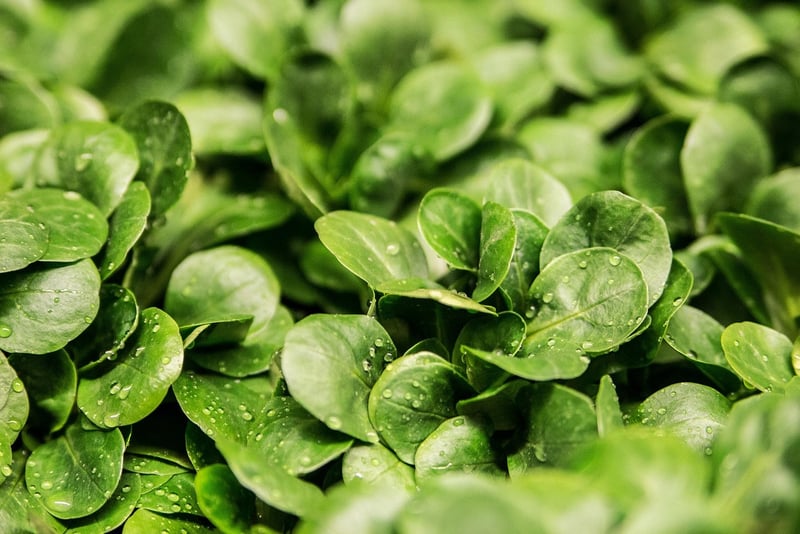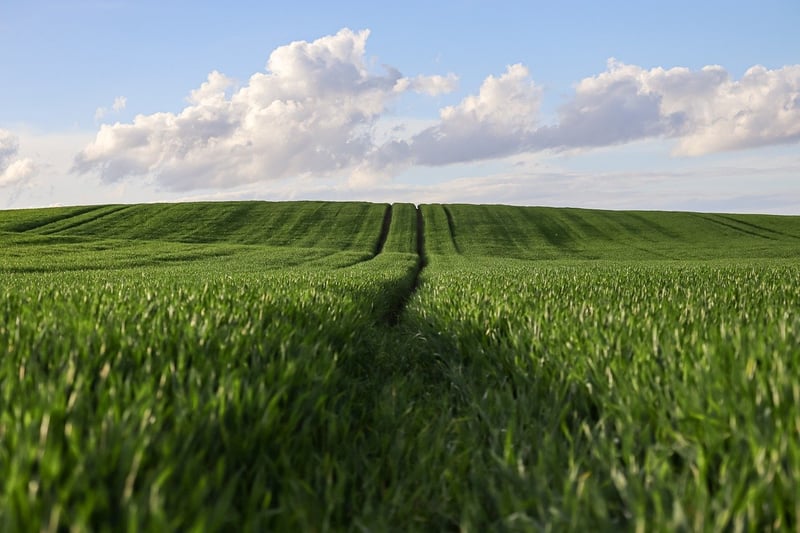Crop Rotation
The Power of Innovative Food Production and Crop Rotation
In today's rapidly changing world, innovative food production methods are essential to meet the growing demand for sustainable agriculture. One such technique that has been gaining traction is crop rotation. Crop rotation is a farming practice that involves planting different crops in the same area in sequential seasons to improve soil health, increase crop yield, and reduce pests and diseases.
Benefits of Crop Rotation:
- Improved Soil Fertility: By rotating crops with different nutrient needs, the soil's fertility is maintained, reducing the need for synthetic fertilizers.
- Pest and Disease Control: Crop rotation disrupts the life cycles of pests and diseases, decreasing their prevalence and reducing the need for chemical pesticides.
- Weed Suppression: Certain crops can help suppress weeds, reducing the competition for resources and improving overall crop health.
- Increased Crop Yield: Rotating crops can lead to higher yields as different plants have varied nutrient requirements and interactions with the soil.
Innovative Food Production:
Combining crop rotation with innovative food production techniques can further enhance sustainability and productivity in agriculture. Methods such as hydroponics, vertical farming, and precision agriculture are revolutionizing the way we grow food.
Hydroponics:
Hydroponics is a soil-less farming technique where plants are grown in nutrient-rich water solutions. This method uses less water, space, and resources while yielding higher crop productivity.

Vertical Farming:
Vertical farming involves growing crops in vertically stacked layers, often in controlled environments. This method maximizes space utilization, reduces transportation costs, and allows for year-round production.

Precision Agriculture:
Precision agriculture utilizes technology such as GPS, sensors, and drones to optimize field operations and resource use. This approach enables farmers to make data-driven decisions, leading to increased efficiency and reduced environmental impact.

By integrating these innovative food production methods with crop rotation practices, farmers can create a more sustainable and resilient agricultural system for the future.
Embracing change and adopting these techniques will not only benefit the environment but also ensure food security for generations to come.
Join the movement towards innovative food production and crop rotation for a brighter and greener tomorrow!
